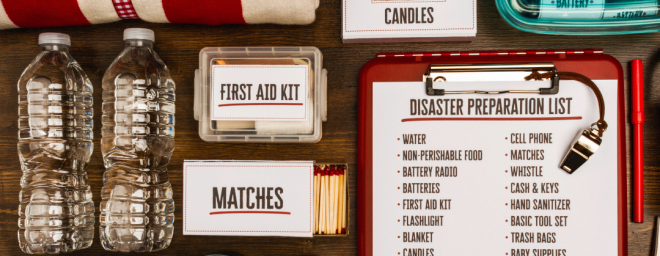
Child Abuse Books Reading List
April is Child Abuse Prevention Month. Here at Nexus Family Healing, our employees, therapists, and foster parents continuously work with youth who have experienced different types of trauma, which often include abuse or neglect. We’ve compiled a list of books that speak about child abuse and trauma that may be fitting for children of different ages.Read More

Understanding Childhood Trauma
You may have heard phrases such as “childhood trauma” or “traumatic experience”. But what really is trauma? And how does it affect us? Unfortunately, childhood trauma is incredibly common as one in four children in our community will experience a traumatic event before the age of 16.Read More

Childhood Trauma Is Not Just a Mental Health Problem
Exposure to continuous trauma causes the body’s alarm system to be easily triggered, releasing stress hormones that interfere with reasoning and activate that flight, fight, or freeze response. Children cannot learn or get along with friends or family members when living in a constant state of fight, flight or freeze. Rather, their goal is to survive.Read More

It’s Spring – So Why Aren’t You Happy?
Over the past several years humanity has learned how to become resilient in isolation. Many of our face-to-face interactions and relationships were severed during COVID and as a result, we have developed long-term habitual loneliness. So how do we recover? To state it simply, a first step is "do then feel".Read More

Emergency and Disaster Preparedness for Your Family’s Mental and Physical Health
Natural and man-made disasters in recent news can cause stress, especially for children. As a parent, it’s important to remember that your reactions to these disasters can impact the way your child views the world around them. Remain calm, give yourself time to process and create a plan that works for your family.Read More

Spring Cleaning? Don't Forget Your Brain.
I love the idea of waves of fluid pulsing through my brain as I sleep, restoring and refreshing it. This image has led me to think of other things that can also refresh, restore, and clean out my brain—wondering about ways to “spring clean” my outlook and to release my grip on unneeded waste.Read More

Building Self-Esteem and Self-Love
In this month of love and romance, we often forget one of the most important kinds of love – loving yourself. We share some tips and tricks on how to help build your self-esteem and learn to love yourself.Read More

Making Friends as an Adult Can Be Tough: Here Are Some Tips to Help
Making new friends is hard, especially as an adult with the added layer of living in a new city. But finding those connections are so important for our mental health and well-being, as friendships help us find a sense of belonging, boost our happiness, and can help build our self-esteem. Here are a few tips on how to create new relationships in a new community.Read More

Mental Health Books for Children
February is National Library Lover’s month, so we asked our staff members at our different agencies what mental health books are their favorite for children. See their recommendations below and learn a little bit about how reading can positively impact your child’s mental health and overall development!Read More

How to Make Mental Health Resolutions Stick
This time of year, many people find themselves setting resolutions for different aspects of their lives, including goals related to improving their mental health. By following a few key strategies, you can increase your chances of success and make meaningful progress towards better mental health in this next year.Read More
